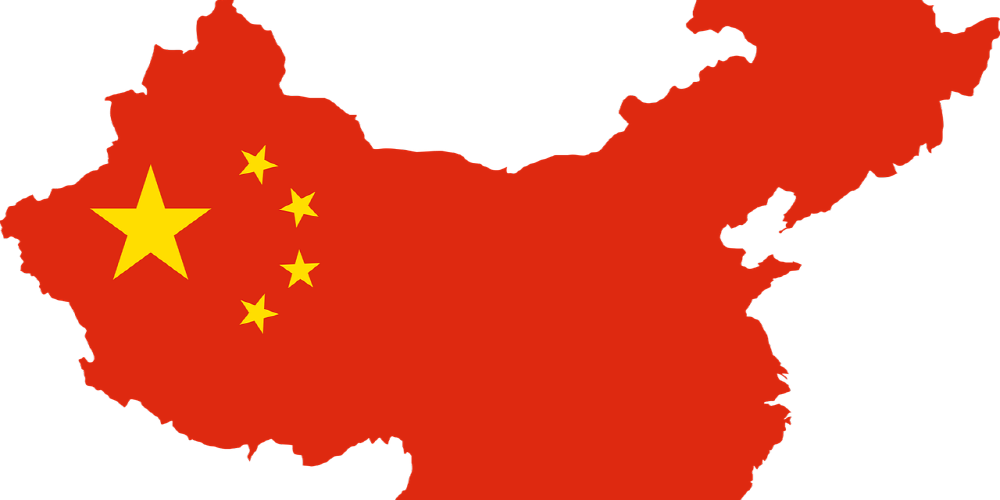
China is a great power that can no longer be ignored economically or militaryly, and has become a threat to the United States, leading the world. The United States and China confronted not only in terms of economy but also in information, and had an impact on the US-China trade war, but the Trump regime considered Chinese tech companies as Chinese spies and expelled them from the United States. The reason why the US has struggled with information war with China is commented by a national security expert at the Aspen Institute, a think tank.
As President Xi Jinping was preparing to take office in 2013, it was not known what kind of leader he was in the United States and Europe. In January of the same year, a Chinese correspondent for The New York Times predicted that Xi Jinping would be at the forefront of economic reform revival and perhaps political easing.
In reality, however, little is known about Chinese internal affairs even to the US government. In the 2000s, U.S. intelligence agencies acted actively to capture Chinese intelligence, but the U.S. authorities still have not been able to grasp China’s intelligence over the past decade.
According to a former U.S. National Security Officer, the two strategies of China: hacking into the Federal Personnel Administration’s OPM and annihilation of China’s information network established by the CIA had a major impact on the United States’ ability to reconnaissance information about China.
According to a senior Obama administration official, White House officials at the time were discussing the character and intentions of President Xi Jinping and seeking new policies toward China. Even within the Obama administration, opinions about President Xi are largely divided, and there are opinions that he is a leader who can improve some of the excessive parts of the Chinese system, while others argue that he is a neo-Mao Zedongist and a dangerous hardliner.
Even within the CIA, opinions were divided on the rise of President Xi, but he was more skeptical than the White House about the view of being moderate. A former CIA official recalled that there were some hopeful observations that the rise of President Xi would push some kind of continuous reform in China, but many within the CIA see that the Communist Party aims to re-centralize in order to maintain the regime.
A former CIA analyst in charge of China said that in Washington, there was concern about what President Xi was pursuing from both a domestic freedom standpoint and an approach to the United States. did.
But while the US authorities were trying to figure out what’s going on in China, China tried harder to hack than ever before, reinforcing spyware in the United States from 2012 to 2014, stealing unprecedented data from the United States, and increasing the amount of information China has. It is said that it has made a marked difference with the United States as much as it would be good to suppress the information war with the United States.
For example, Marriott International, the world’s largest hotel chain, was attacked by hackers affiliated with Chinese intelligence agencies in 2014, stealing personal information of more than 382 million customers, including passport and credit card data. In addition, major health insurance companies have also stolen personal information of more than 78 million people from Chinese hackers.
In response to this move, the United States began proactively taking action against cyber espionage in China, and in 2014 prosecuted five hackers related to the Chinese government. It can be said that the public prosecution of hackers belonging to other countries by the United States meant sanctions against the Chinese government for the first time.
But behind the prosecution, the Obama administration, which had a G-2 initiative, thought that the negotiations could pioneer mutual cooperation with the Chinese government. President Obama tried to ease the visa process, extend the validity period of the visa from 1 to 5-10 years, and promote tourism and education exchanges between the US and China.
A senior CIA official recalled that time, and President Obama was eager to sign an agreement with China. He said it would.
Also, the Obama administration said it was planning to sign an agreement with China on cyber security. In fact, President Obama announced that when President Xi first visited the United States in September 2015, it had signed a bilateral agreement prohibiting theft of business secrets by hacking. But by 2018, China ignored the agreement and violated it extensively.
After that, in Russia in 2016, the U.S. presidential election was obstructed, and the U.S. was eventually forced to discuss the widespread vulnerability of the U.S. Despite attacks in Russia, the US government is more concerned about whether China will use US data accumulated over the years as a weapon, and the US government appears to be more afraid of China than Russia, which it fought against during the Cold War.
As a result, diplomacy with China was becoming difficult at the end of the Obama administration. At the time, the U.S. intelligence agency already pointed out that Chinese companies and the Chinese government were closely connected, and in 2016 it was announced that the U.S. government would strongly monitor Chinese telecommunications manufacturer ZTE. Apart from the regime, the US government considered Chinese companies such as Huawei and ZTE as enemies of espionage warfare and tried to remove them from within the US. Related information can be found here .


















Add comment